594 tulosta löytyi
Skip results of view Uutiset
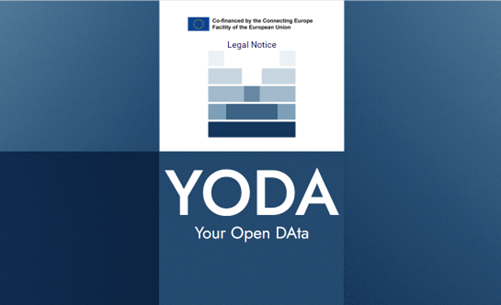
Your Open DAta (YODA), a service supported by the Connecting Europe Facility of the European Union, provides access to public services datasets associated with urban space, services or public buildings, such as weather or air quality. The datasets are collected from data.europa.eu and additional sources integrated in the Action, UPM Smart Campus CEI Moncloa , Málaga Smart City , Smart Santander and AEMET (Spanish Meteorological Agency). The service allows for the creation of a personalised dashboard which provides insights into useful day-to-day information, including real time data on
On Friday 17 March, the data.europa academy hosted a webinar on ‘ Stories of use cases: Open Data for the European Green Deal ’. It was the first in a series of webinars on open data use cases that align and support the achievement of the European Commission political priorities . During the session, participants were inspired by three open data-driven initiatives that currently enable the green transition and respond to environmental challenges in Europe. The webinar started with an introduction to the objectives and importance of the European Green Deal and the green transition. Thereafter

As more data becomes available, the world is accessible with a tap of our fingertips. With this increase in information, people can satisfy their curiosity, for example, by looking up their own homes or the area they live in. Through satellite imaging, they can discover not only their current homes but also how they have changed throughout the years. In the current era of technology, a lot of pictures are taken and published on various social media platforms to connect people. These types of images can also be used to develop or support services, such as the ‘ Archives of the planet ’, a

The Global Partnership for Sustainable Development Data has recently published a ‘ cookbook ’ describing the key ingredients for effective multiparty data sharing in the development sector. Multiparty data sharing involves two or more organisations that collaborate to collect, share, and/or analyse data to address societal challenges. Despite the initiatives to better leverage data sharing, only a few spaces provide knowledge and common insight on how to effectively share data. The cookbook attempts to address this gap. The cookbook is based on insights from the analysis of data sharing
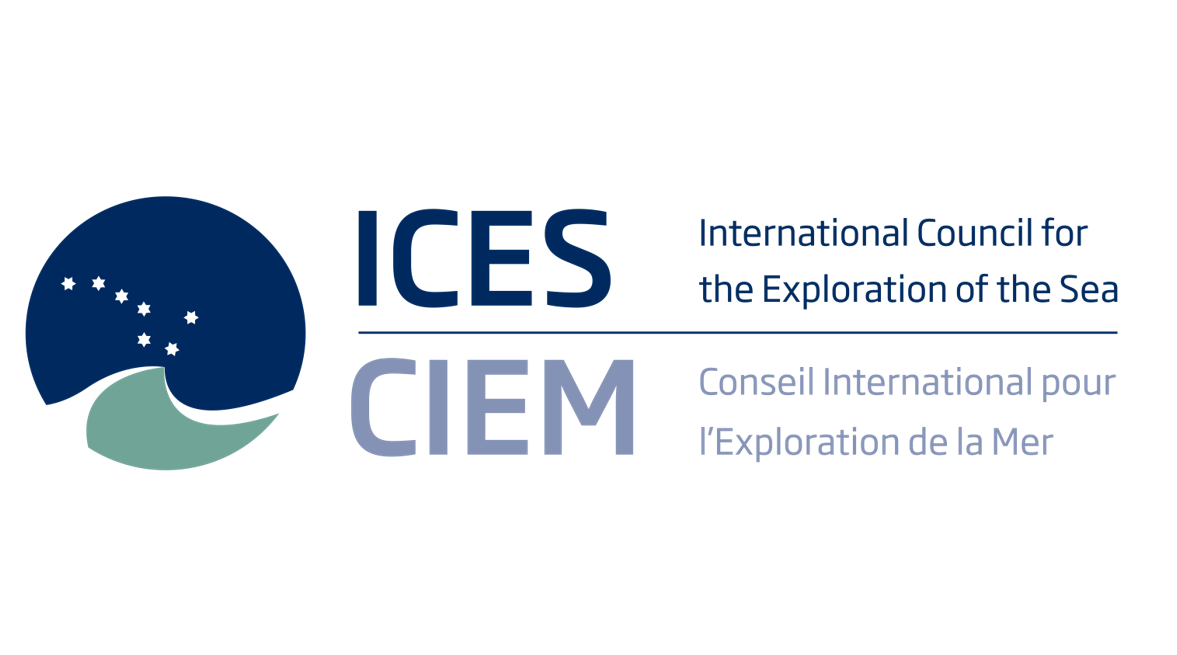
The goal of the International Council for the Exploration of the Sea (ICES) is to become a world-leading marine science organisation that meets societal needs for impartial evidence on the state and sustainable use of sea and oceans. They aim to advance and share scientific understanding of marine ecosystems and the services marine organisations provide. One of the tools they offer to achieve this goal is the metadata catalogue to easily share geographically referenced information on the exploration of the sea. The ICES metadata catalogue is comprised of datasets organised around specific
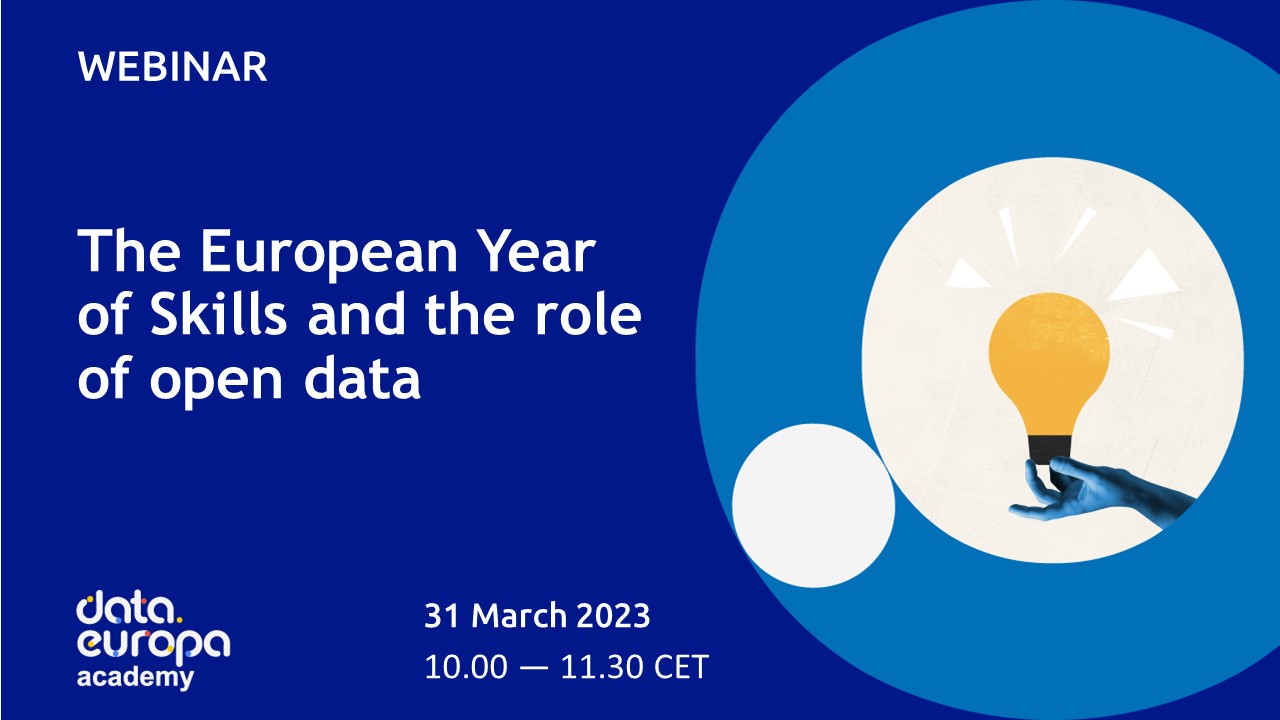
A webinar on the importance of digital skills and the role of open data will be hosted by data.europa academy on Friday 31 March 2023 from 10:00 to 11:30 CET. It will introduce and highlight the significance of the European Year of Skills , the need for digital upskilling in the fast-changing world and how open data and data.europa academy can contribute. The European Commission has appointed 2023 as the European Year of Skills, focusing on lifelong learning, empowering people with the right tools and contributing to green and digital transitions by developing digital skills. According to the
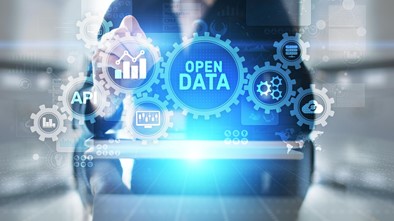
On 30 January 2023, the European Climate, Infrastructure and Environment Executive Agency (CINEA) launched an online public dashboard . This dashboard provides detailed information on the Grant Agreements (GA) managed by CINEA. The goal of the dashboard is to communicate in a transparent way information on CINEA’s projects and programmes by providing public access to real-time programme-level data in an easy, flexible and user-friendly manner. The dashboard is divided into 3 sheets: overview , self-service , and glossary . The overview presents data visualisations, including interactive maps

A recent addition to the data.europa.eu portal is the Datenkatalog BEV, Bundesamtes fuer Eich- und Vermessungswesen (BEV) , part of the Federal Ministry of Labour and Economy in Austria. It is responsible for surveying and verifying geoinformation and serves as a search service for the Federal Office for Calibration and Surveying that delivers all metadata records of the catalogue. The BEV is also responsible for creation and management of the cadaster, where all spatial allocations of property land rights and topographical surveys are documented. The datasets are sourced from various Austrian
From 2 to 7 March 2023 Eurostat organised the fourth session of the European Big Data Hackathon in Brussels, with a focus on financial transactions. Teams from all over Europe gathered to foster their expertise in utilizing Big Data sources related to financial transactions and come up with innovative ideas for products and tools that are relevant for EU policies. The Eurostat hosts the event to give data scientists the chance to help answer pressing EU policy and statistical questions. Teams compete by developing innovative approaches, applications and usable data products combining official
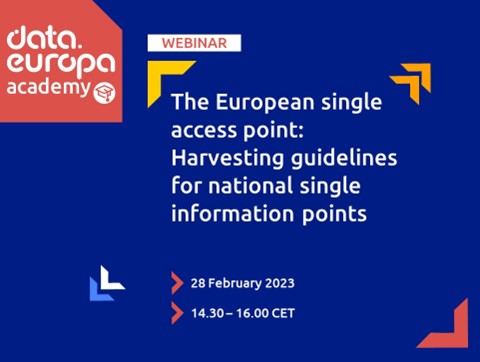
On Tuesday 28 February, data.europa academy organised the webinar “The European single access point: Harvesting guidelines for national single information points” for Member States and national policymakers. Participants got informed about the technical implementation, the implementation roadmap, and the objectives of the European Single Access Point (ESAP) on data.europa.eu . In accordance with the upcoming Data Governance Act (DGA) to be implemented by September 2023, the European Commission is required to set up a European Single Access Point where information from national single
